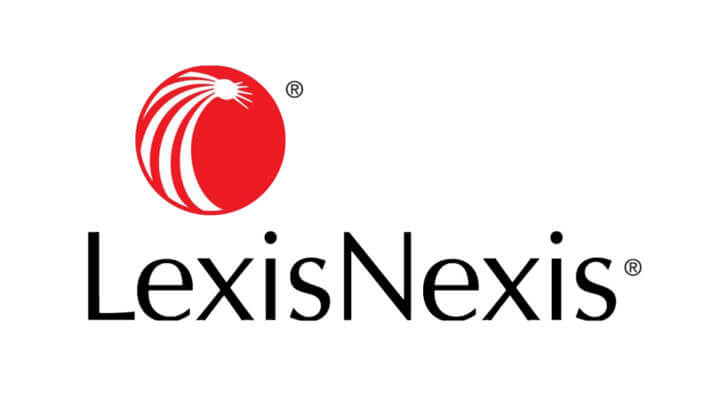
Data Protection


ICO’s modified approach to data regulation during COVID-19 – Julian Hayes and Greta Barkle talk to Euronews

Data regulation: An ‘empathetic’ approach from the ICO, but risks remain

Blockchain: from cryptocurrencies to crypto-KYC

Online Harms regulation – getting closer?

Michael Drury and Julian Hayes analyse overzealous Online Harms bill

Stablecoins and the potential of a global cryptocurrency – Hannah Raphael writes for Lexis Nexis

VIDEO: Michael Drury on Facial Recognition Technology and it’s developing legal uses.

VIDEO: Julian Hayes on proposed Online Harms legislation and it’s impact on tech companies

